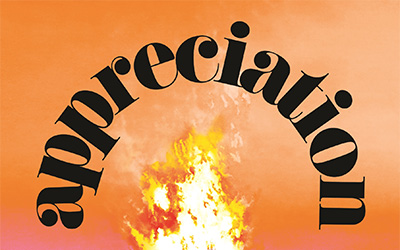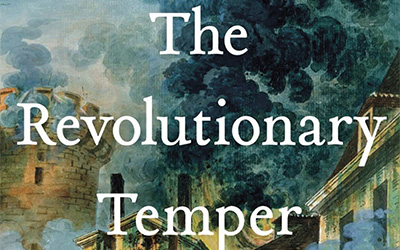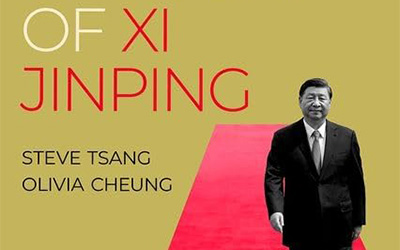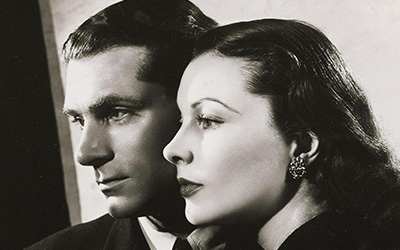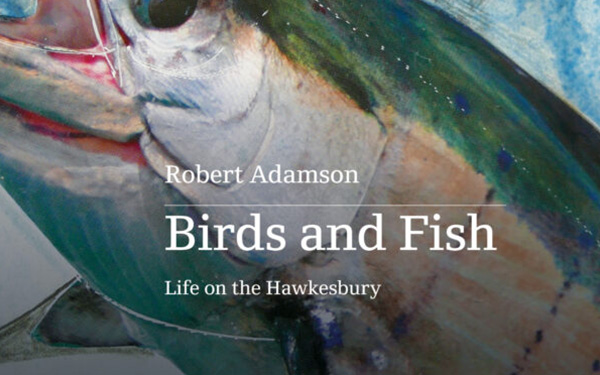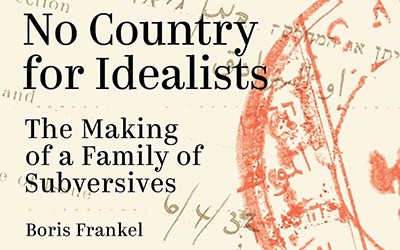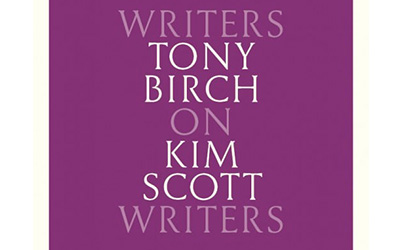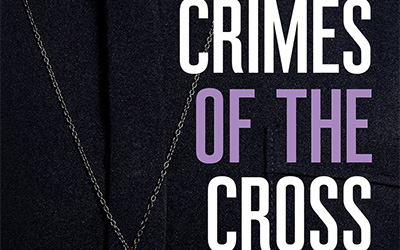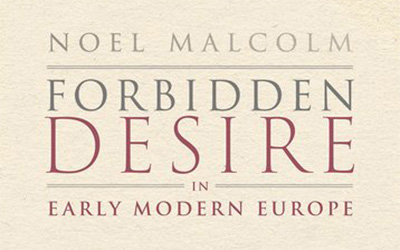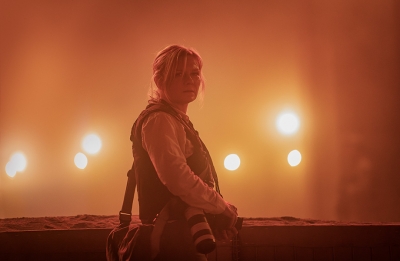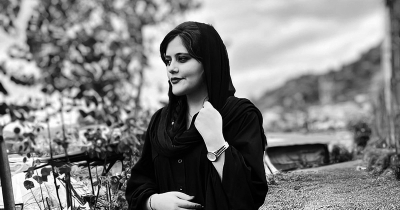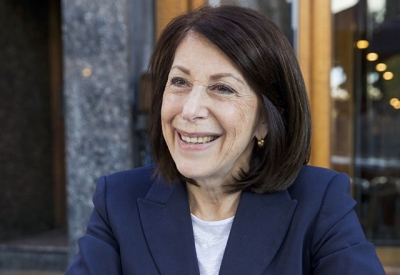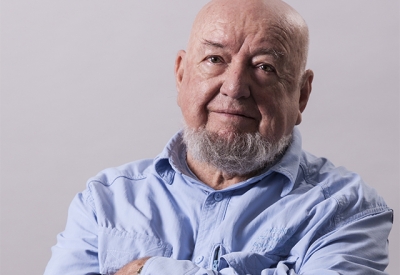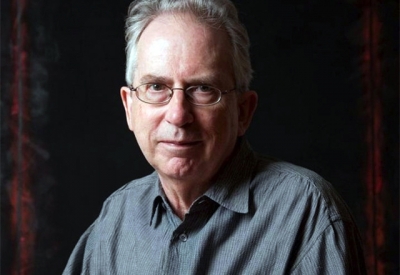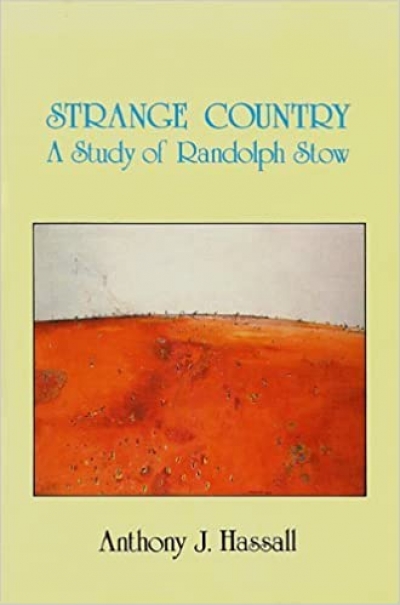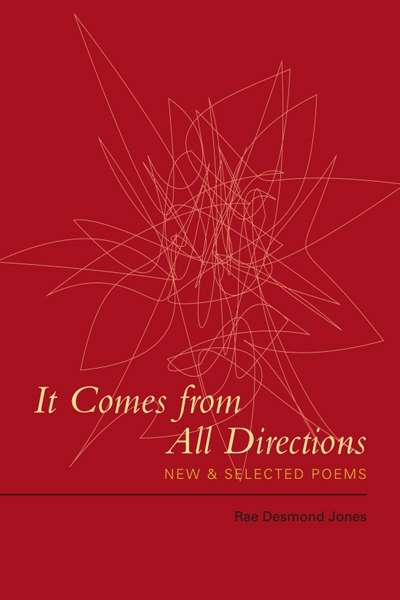Fiction
Appreciation by Liam Pieper
by Eli McLean
‘There are only so many ways to make a story work.’ So begins Liam Pieper’s new novel, Appreciation, a hyper-contemporary chronicle of one artist’s vain attempt to redeem his reputation in the eyes of a disappointed public. Drug-addled, egomaniacal, and hopeless, Oli Darling – an enfant terrible of Australian art – is in desperate need of rehabilitation. And the advice of his equally desperate coterie? Employ a ghost writer and publish your memoir, of course. Pieper having made a career of his own in ghost writing, Appreciation cuts close to the bone. As the opening line suggests, however, there is little room for redemption when all the ways of making your story work have been exhausted.





